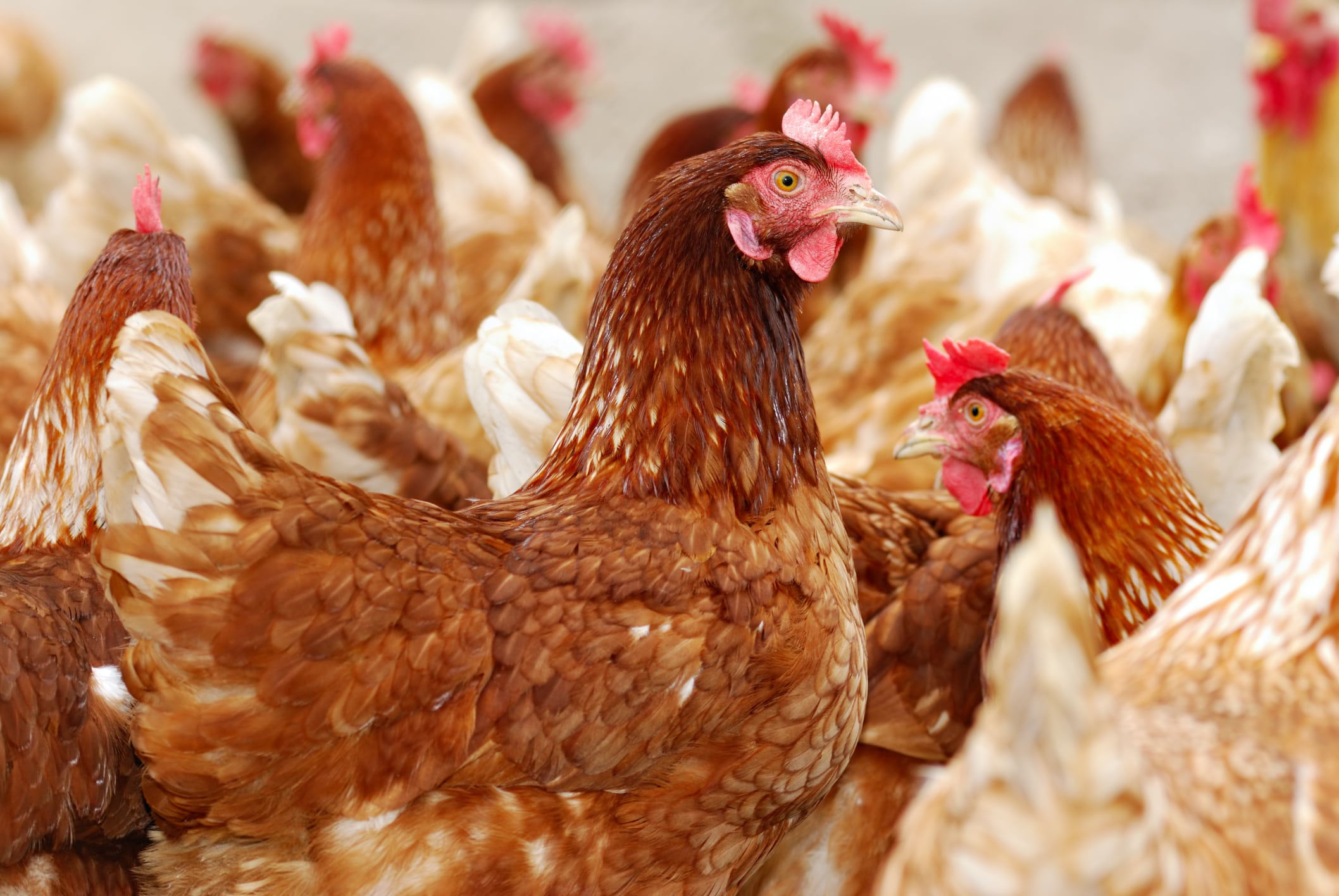FDF’s latest trade snapshot for 2024 found that food export volumes to the EU fell by more than a third (34.6%) compared to 2019 levels, while global exports fell 12.6% last year year-on-year.
While global trends, such as the war in Ukraine and the outbreak of COVID-19, were directly linked to the decline in the UK’s export volume, other European countries have seen exports increase since 2020.
This suggested that the downturn in food export volumes was not part of a global trend, but unique to the UK’s post-Brexit arrangements.
Balwinder Dhoot, director of industry growth and sustainability at the FDF, said: “These latest figures show the stark reality for the UK’s 12,500 food and drink businesses who are struggling to deal with the complexity and bureaucracy that comes when trading with Europe. Government must prioritise working with the EU, and our industry, to remove as many of these barriers as possible.
‘Right fit for the UK’
“It’s important that we don’t just get a quick fix, but the right fit for the UK when it comes to our relationship with the EU. We stand ready to work with government to develop a trade deal that will drive growth in our sector.”
Meanwhile, food and drink imports from the EU were £44.7 billion in 2024 – up 3.3% on 2023 – thanks to European businesses benefiting from a more advantageous trading environment, FDF claimed.
Food and drink imports to the UK are subject to fewer checks compared to UK businesses exporting equivalent products to Europe, helping drive this growth. This has contributed to total food and drink imports to the UK reaching their highest ever level, worth £63.1 billion in 2024.
With the gap widening between imports and exports, the FDF has called for a ‘strategic approach’ to EU trade relations to help reverse this trend. A new sanitary and phytosanitary agreement would need to be agreed to remove existing friction, as well as simplifying paperwork and reducing border fees to help businesses contend with a full range of complex trade regulations.
The FDF was not all doom and gloom – recent new trade agreements have seen food export volumes across the rest of the globe increase 5.7% year-on-year.
Rest-of-the-world
Further promotion of a new free trade agreement with Australia resulted in the value of exports to the country increasing 9.1% to £429.5m. And while France and Ireland remained the UK’s biggest individual export markets, the US took the third sport with growth of 11.8% compared to 2023.
Turkey also offered a major export market opportunity, seeing growth of almost a quarter (23.4%) in 2024.
UK Food and Drink Exporters Association director Nicola Thomas added: “Against a backdrop of global geopolitical and economic uncertainty, it is encouraging to note several new countries are potentially opening up for UK food and drink exporters as FTAs come into play.
“Here at the FDEA, we are increasingly seeing that leveraging the knowledge, expertise and experience of industry peers, international trade specialists and in-market experts has never been more important to help navigate both the opportunities and challenges which lie ahead.”





